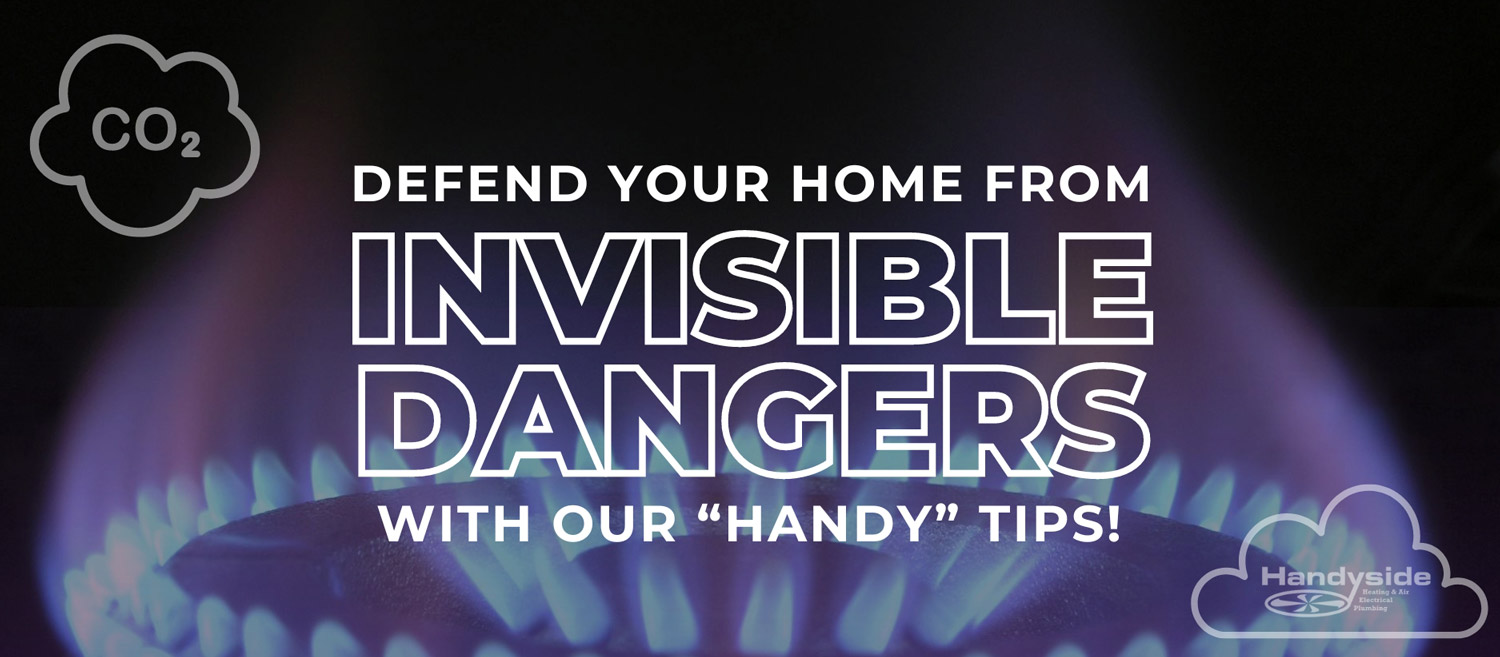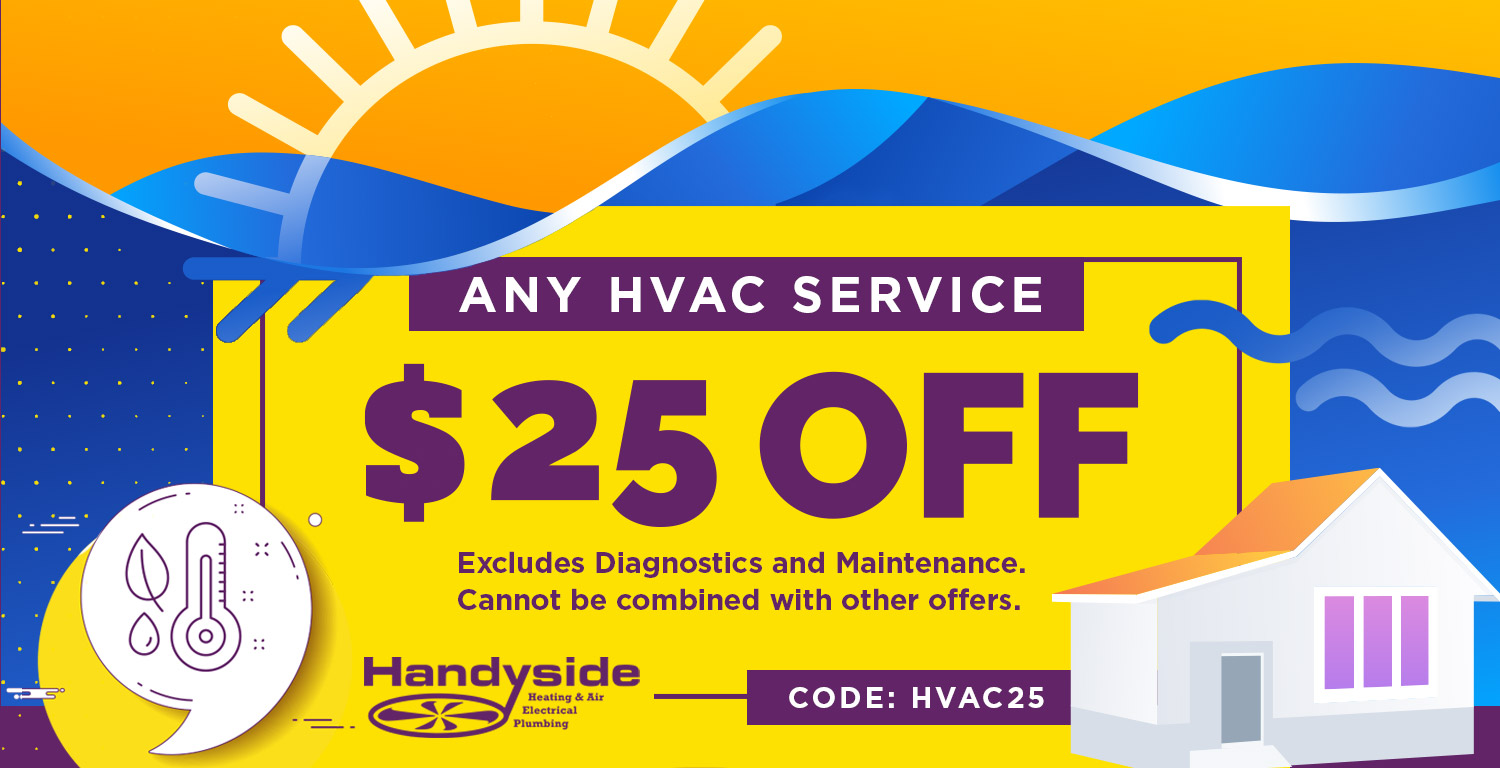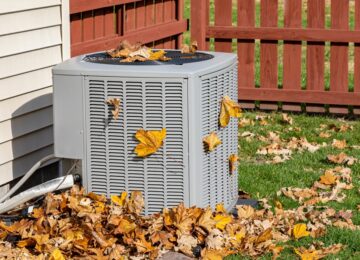Will a carbon monoxide detector detect a natural gas leak?
It’s great that you’ve installed carbon monoxide detectors in your home, but it’s important to understand what they do and don’t do. Many people ask whether a carbon monoxide detector will detect a natural gas leak. The answer is no, but let’s explain why.
Why it’s good to have a carbon monoxide detector
Carbon monoxide (CO) is a ‘silent killer’ because it’s highly poisonous and is odorless and colorless. You can’t see it, smell it, or touch it. CO mixes with air, and when inhaled, it can cause brain damage or even death. The most common source of carbon monoxide is an older furnace or gas appliance that isn’t burning gas properly. Every home with a gas furnace or gas appliances should have carbon monoxide detectors, as they can save lives. When a carbon monoxide detector sounds an alarm, leave your house immediately and call 911.
How you can detect a natural gas leak
Natural gas is also odorless and colorless, but gas utilities add an odor to it so you can detect a leak quickly. Carbon monoxide detectors will not detect a natural gas leak, but you can.
Unlike carbon monoxide, natural gas has a distinct sulfuric, rotten egg smell. Breathing in air mixed with natural gas can lead to headaches, nausea, dizziness, shortness of breath, and flu-like symptoms. While exposure to natural gas is harmful, it’s not as immediately dangerous as carbon monoxide, which can cause brain damage and be fatal. The greater risk with natural gas is its flammability, which can lead to explosions.
If you suspect a natural gas leak:
- Remain calm and act quickly—leave your home and get outside.
- Shut off the main gas valve, if you know how.
- Open windows as you leave.
- Once you’re at a safe distance, call your gas utility immediately.
 How about radon gas? Will a carbon monoxide detector detect it?
How about radon gas? Will a carbon monoxide detector detect it?
Radon is also odorless and colorless. It comes from the ground and can be found in every home; one in fifteen homes has elevated radon levels that pose health risks. Continued exposure to radon can lead to lung cancer. Use a test kit from the American Lung Association or your local hardware store, as carbon monoxide detectors will not detect radon.
If testing reveals elevated radon levels, you’ll need to repair your foundation and/or improve ventilation.
Conclusion
We recommend working with our Handyside HVAC professionals to lower elevated radon levels and protect your family. Our “Handy” HVAC experts can check your home for carbon monoxide or natural gas leaks and address any issues.
![How Do You Know If You Have a Carbon Monoxide Leak Will a carbon monoxide detector detect a natural gas leak? It’s great that you’ve installed carbon monoxide detectors in your home, but it’s important to understand what they do and don’t do. Many people ask whether a carbon monoxide detector will detect a natural gas leak. The answer is no, but let’s explain why. Why […]](https://handysideinc.com/wp-content/uploads/2024/10/How-Do-You-Know-If-You-Have-a-Carbon-Monoxide-Leak-750x420.jpg)





